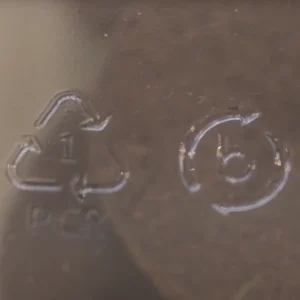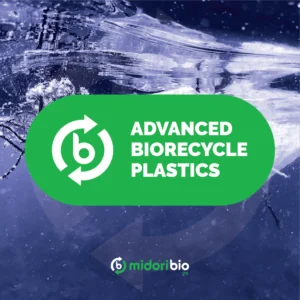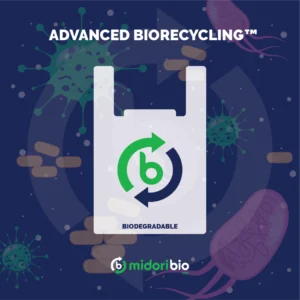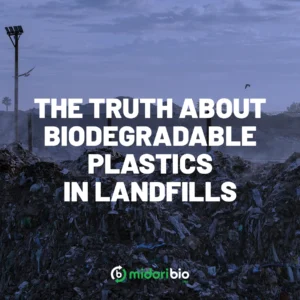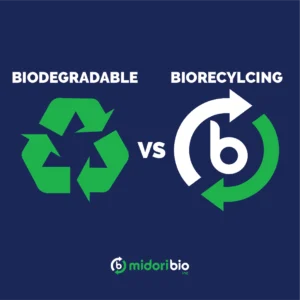Introduction: The Biodegradable Plastics Misconception
Many businesses and consumers assume that biodegradable plastics are a sustainable solution to landfill waste. The idea that these materials will naturally degrade over time sounds appealing, but does it hold up in real-world conditions? The truth is, most biodegradable plastics do not break down effectively in landfills.
In this article, we’ll explore how landfills actually function, why biodegradable plastics fail to decompose efficiently, and how Advanced BioRecycling™ offers a superior alternative.
How Landfills Actually Work
Contrary to popular belief, landfills are not designed to break down waste. Instead, they are engineered to store trash in a way that minimizes environmental impact. Key landfill characteristics include:
Oxygen-Limited Environments – Most landfills are anaerobic, meaning they lack the oxygen necessary for organic decomposition.
Compacted Layers – Waste is tightly packed to conserve space, further reducing airflow and microbial activity.
Long-Term Preservation – Landfills are designed to prevent leachate and methane emissions, often preserving waste for decades.
Since biodegradable plastics rely on microbial activity, oxygen, and moisture to decompose, landfills are one of the worst environments for them to break down effectively.
Do Biodegradable Plastics Degrade in Landfills?
Most biodegradable plastics require specific conditions to break down—conditions that are not present in landfills. Here’s why:
Lack of Oxygen & Microbial Activity – Many biodegradable plastics are tested in controlled composting conditions, not landfills.
Slow or Incomplete Degradation – Instead of breaking down completely, some biodegradable plastics fragment into microplastics.
Industrial Composting Dependency – Some materials labeled “biodegradable” require specialized industrial composting facilities, which are not widely available.
The Hidden Issue: Microplastics & Greenwashing
Many biodegradable plastics degrade only partially, leaving behind microplastics that persist in the environment. This can lead to misleading claims—known as greenwashing—where businesses promote biodegradability without disclosing its limitations.
The Advanced BioRecycling™ Advantage
Unlike biodegradable plastics, Advanced BioRecycling™ works in real-world landfill conditions, ensuring that plastic waste truly breaks down over time.
How Advanced BioRecycling™ Works:
Activates in Microbial-Rich Environments – Unlike traditional plastics, BioRecycling™ technology enhances microbial consumption in landfills and oceans.
No Special Conditions Required – Does not rely on industrial composting or high-heat environments.
Reduces Long-Term Plastic Waste – Enables plastic materials to decompose naturally without leaving harmful microplastics behind.
Conclusion: The Smart Sustainability Choice
While biodegradable plastics may seem like a sustainable solution, their inability to degrade efficiently in landfills makes them an unreliable option. In contrast, Advanced BioRecycling™ offers a practical and scalable approach to reducing plastic waste in landfills.


